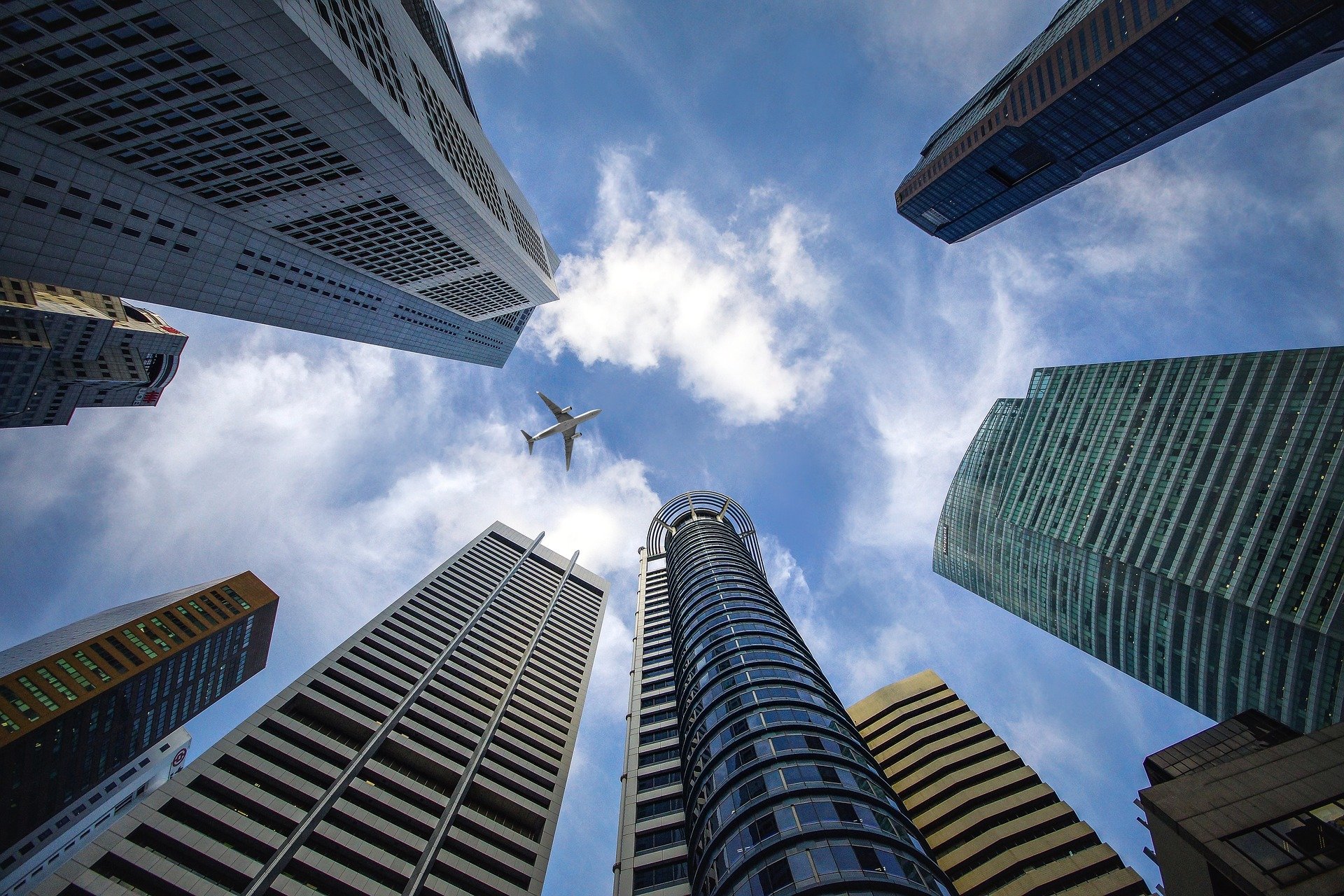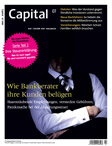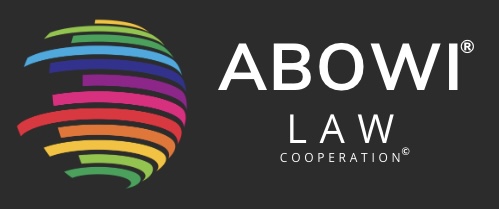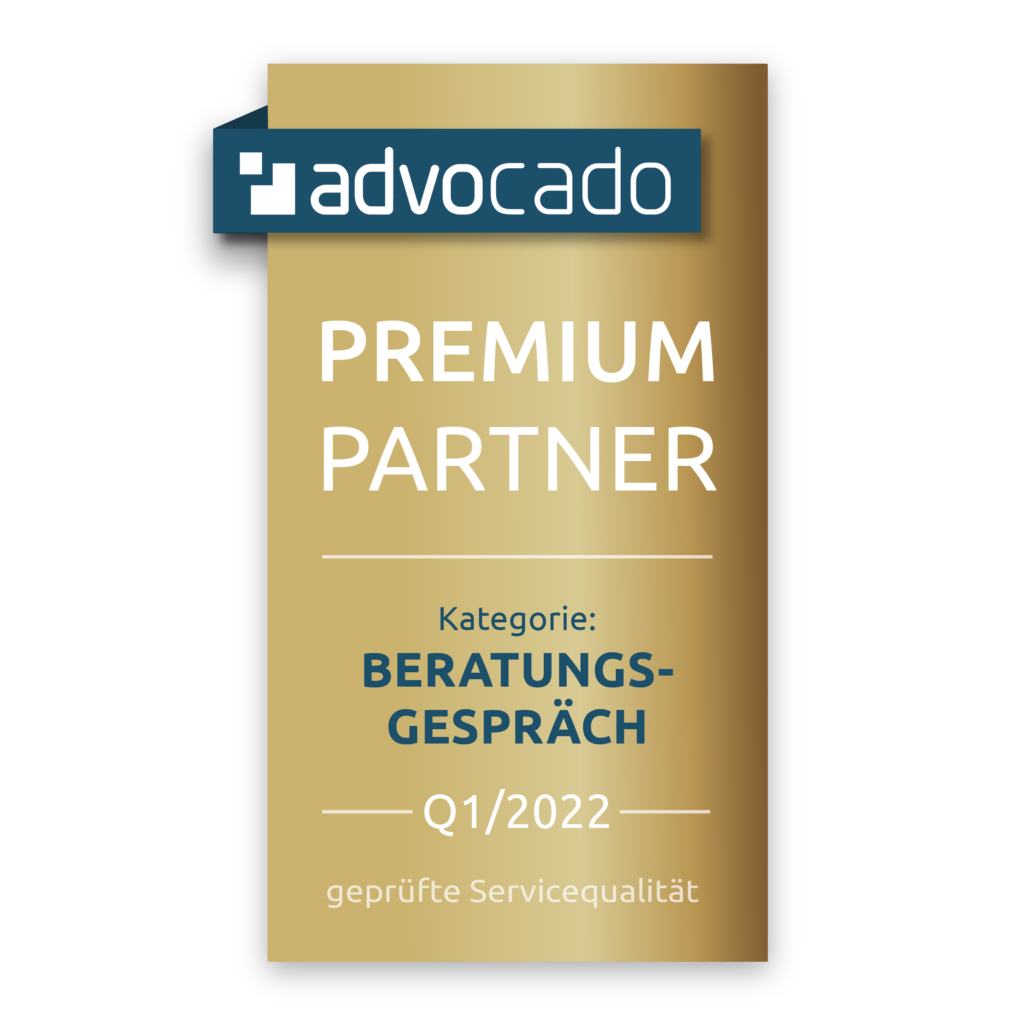“Lawyers of the world” – an interview series by Josefine Schulte from Berlin, Germany.
What moves lawyers worldwide? Josefine Schulte asks lawyers from Azerbaijan till Cyprus.

Across Borders with Information project (The ABOWI) aims to interview lawyers from 197 countries in the world and looks to answer questions such as the following; How does a trip around the world reveals differences and prejudices? What is the daily work of lawyers globally like? What moves you? And what challenges are lawyers facing every day? Is our world as legally globalised as we think it is?
What lesson can we learn from different countries, diverse customs, cultures, traditions, and behaviour?
Research through traveling and living in different cultures would be the silver bullet for me, unfortunately, it is not always possible in considering factors such as time and money or because of the current pandemic. However, the internet enables virtual journeys to distant countries and cultures. There are many questions to be considered. How does the law work in India, Brasilia, Sweden, or Mongolia? What requirements do lawyers need to practice the legal profession? Lots of questions and I’m curious about the answers. The first question in preparation is how does a successful interview work? What, where, how – preparation and design for an interview.
It is easy to think that the structure is as easy as questions, then answers and then the end of the interview? However, it’s not that simple. The preparation, follow-up, conducting, and writing of an interview is an art that needs perfecting. Regardless of whether the interview is about a specific opinion, a person, or a thing; the preparation, implementation, and follow-up are responsible for the overall success. Which rules have to be observed?
1. Which expert guarantees interviews that won’t get boring?
2. Which eyewitness reports vividly and informatively about an event?
3. Which interlocutor offers more than just empty phrases when it comes to an exciting topic or a much-discussed opinion?
Furthermore, you should set clear definitions of goals for the interview. What is it about and how can you use an explanation of a certain issue, a certain opinion, or content-related goals for conveying the message you need to. There can be different criteria as a guide for orientation.
The selection and formulation of the questions as a basic framework can help the interview partner to get the interview moving. Perfecting this dynamic results in a much more convincing and attention-catching conversation for the consumer and the respondent. It benefits both parties to have the proper sufficient background in their areas of expertise. It is also helpful to be sure that the respondent feels prepared for the interview. This can be done through a briefing in form of a short telephone call or a media briefing before the start of the actual interview (A successful interview can have pre-set questions sent before the interview. Therefore, the interviewee can refresh their knowledge if necessary.
Which psychological aspects are decisive for the success of an interview?
To help an interviewee feel comfortable, undivided attention and interest should be directed to them, creating a pleasant atmosphere for discussion. For example, through asking questions that the interviewee is able to answer easily. This conveys a feeling of security and allows for the subsequent questions to become gradually more difficult and demanding.
Essentially, the aim is to break the ice and building repour with the person you are interviewing to receive them at their full potential. Great applicants listen carefully, take a step back, and are inspired by interesting questions. The process goes as follows:
1. A friendly greeting.
2. Asking the questions individually.
3. Commenting on the answers leads to further interesting questions, creating a flow of conversation. will.
4. Take notes during the conversation – recording is only permitted with the consent of the respondent.
5. Polite goodbye.
6. Follow-up of the conversation and the notes.
How to achieve and maintain a conversational flow with the other person? Sometimes the interviewees are uncomfortable and then close up.
How do you manage to organise a natural conversation, open, professional, and with real feelings?
- Small talk to break the ice before an actual interview.
- Consistent eye contact to show attentiveness, also possible via video conference.
- Sincere demonstrations of interest and listening will encourage the other person to open up.
- Short, simple questions make it easier for the conversation partners to pay attention and build trust.
Open ended W-questions („Who“, „How“, „When?“, „Where?“, „Why?“) are key in building trust and repour. Time management is important as tight time windows cause stress and discomfort. It is vital to be polite and to allow the respondent to have a great deal of the talking time. The art of leading questions should be perfected and but used sparingly.
We hope that this series of interviews will provide us with exciting insights from lawyers around the world. From the craziness and weirdness of everyday legal life to achievements in global law.
V.i.S.d.P .:
Josefine Schulte Law Student / blogger
Contact:
Dr. Schulte Rechtsanwalt
Malteserstrasse 170
12277 Berlin
Tel: +49 30 22 19 220 20
Fax. +49 30 22 19 220 21
Email: dr.schulte@dr-schulte.de
https://www.dr-schulte.de
About ABOWI:
Across Borders With Information – ABOWI, a interview row of Josefine trained law student from Berlin in Germany. Questions and answers: A journey around the world, which uncovers differences and prejudices. What moves the lawyers of this world? Josefine Schulte asks herself from Azerbaijan to Cyprus.
Press contact:
Dr. Schulte Rechtsanwalt
Malteserstrasse 170
12277 Berlin
Tel: +49 30 22 19 220 20
Fax. +49 30 22 19 220 21
Email: dr.schulte@dr-schulte.de
https://www.dr-schulte.de


